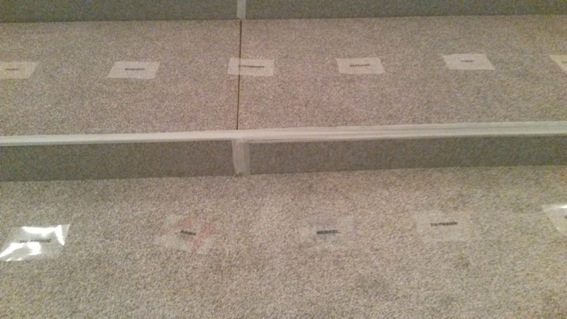

The issue of refugees—mislabeled as migrants—overshadowed the summit, but as with any such summit, the key decisions and substances are taken in the weeks and months before. Thus the refugee crisis and the horrific death of some 70 refugees some 50 kilometers from the Hofburg on a highway overshadowed the summit, but did not drown it out.
The governments of the Western Balkans seemed mostly interested in infrastructure and money. The message was mixed as Serbian Prime Minister Vučić said that he did not consider the EU to be an ATM—discoving values to praise Serbia’s treatment of refugees in contrast to some EU members—Albanian Prime Minister Edi Rama rather suggested that it is money from the EU he is after. Either way, both Prime Minsiters emphasised the need to support infrastructure.
There is little doubt that regional infrastructure is in need of updrading and joint projects, such as a highway linking Albanian, Kosovo and Serbia, can have a great impact. The risk is that the physical infrastructure overshadows other forms of cooperation. Here, lengthy preparation have yielded two encouraging results at the Vienna summit. The governments signed an agreement to establish a regional youth exchange system based on the German-French youth office.By next year's summit in Paris there should be a treaty and structure ready for the formal establishment. Whith the involvements of youth ministries, committment for European and government funding, this project holds some promise for enhaning cooperation of citizens. Key will be not to crowd out already existing youth exchanges and cooperation.
Similarly the summit was unusual as civil society was involvement for the first time in such an event. Over 50 representative from regional NGOs, media, trade unions and civic activitsts meet on the eve of the conference and presented recommendations on job creation, mediea freedom and regional cooperation at the summit itself (BiEPAG and I were involved in the preperation of these events which were supported by the Erste Foundation, the Friedrich-Ebert-Foundation and the Karl-Renner-Foundation). The involvement of civil society was challenging as politicial leaders in the region are still not used to talking to civil society at eye level and civil society has come under pressure in several countries, such as Montenegro, Serbia or Macedonia. Not a single summit can change this dynamic, but at least the involvement of civil society by the Austrian Foreign ministry sent the signal that they should not be ignored.
Another important signal was the signing of a declaration on biltareral issues (BiEPAG prepared a study on bilateral issues for the Austrian Foreign Ministry and drafted the declaration). In the declaration, the Foreign Ministers committed themselves not to let bilateral issues stop the European initgration process of other countries in the region. This committment echos a similar one in the Brussels agreement between Serbia and Kosovoand a declaration of the Croatian parliament from 2011. However, for the first time, all countries of the Western Balkans signed up and also invited neighboring EU countries to join them (the message is clear, even if they are unlikely to join the committment). Furthermore, they agreed to report back on progress made at next years summit in Paris. This declaration came as Montenegro signed a border agreement with Kosovo and Bosnia and Herzegovina on the eve of the sumit and Serbia and Kosovo agreed on key outstanding issues. The most serious bilateral issues involve EU and non-EU members (especially between Macedonia and Greece, but also the borders between Croatia and Bosnia and Herzegovina and Serbia remain a potential source of tension) and there is no immedeate perspective of resolving them, but the declaration and the agreements signal that at least some potential sources of tensions can be settled.
The stars of the summit were Serbian and Albanian PMs Vučić and Rama who appeared together at a debate with civil society and the talk show «Okruženje». Demonstrably on a first name basis, Edi and Aleksandar played up their good ties to put pressure on the EU to deliver. This is a great shift from less than year ago when it took German intervention to get the two meet first and the abandonded Serbian-Albanian soccer game led to a war of words. However, now it appears like an elaborate game the two play in which regional cooperation is working as a distraction, especially for Vučić. As long as he delivers on regional cooperation and Kosovo, the EU and also Germany seem to avoid a second, more critcially look at how he is controling and micro-managing Serbia.
The Vienna summit could not address the creeping authoritarianism in the region, but when Gruevski scored two goals in the football game of politicians from the Western Balkans against the EU, there is certain irony and maybe symptomatic that somebody who was under strong pressure a few months ago and who clearly appears to have stretched democratic principles and rule of law can be leisurly kick a ball in the goal of the EU team in Vienna.
For a list of the final documents from the summit see here.